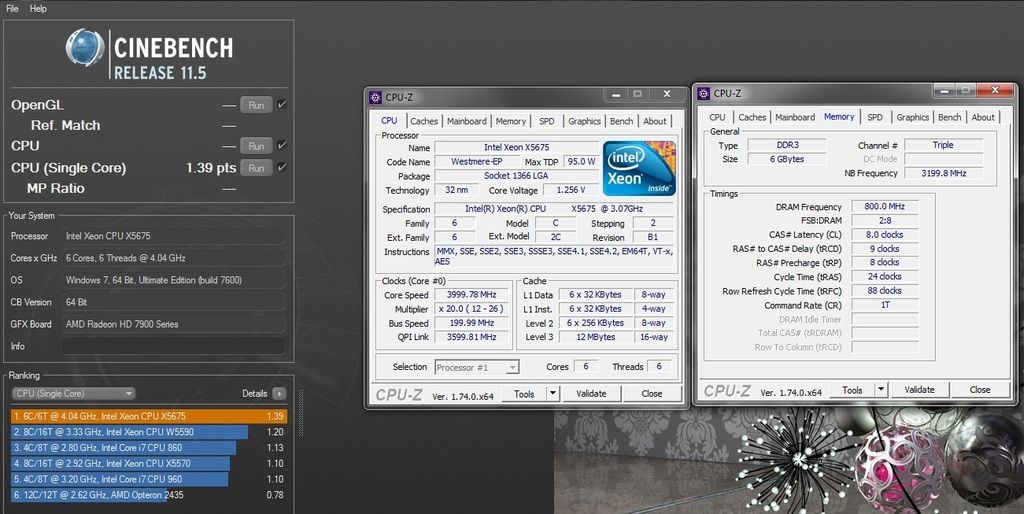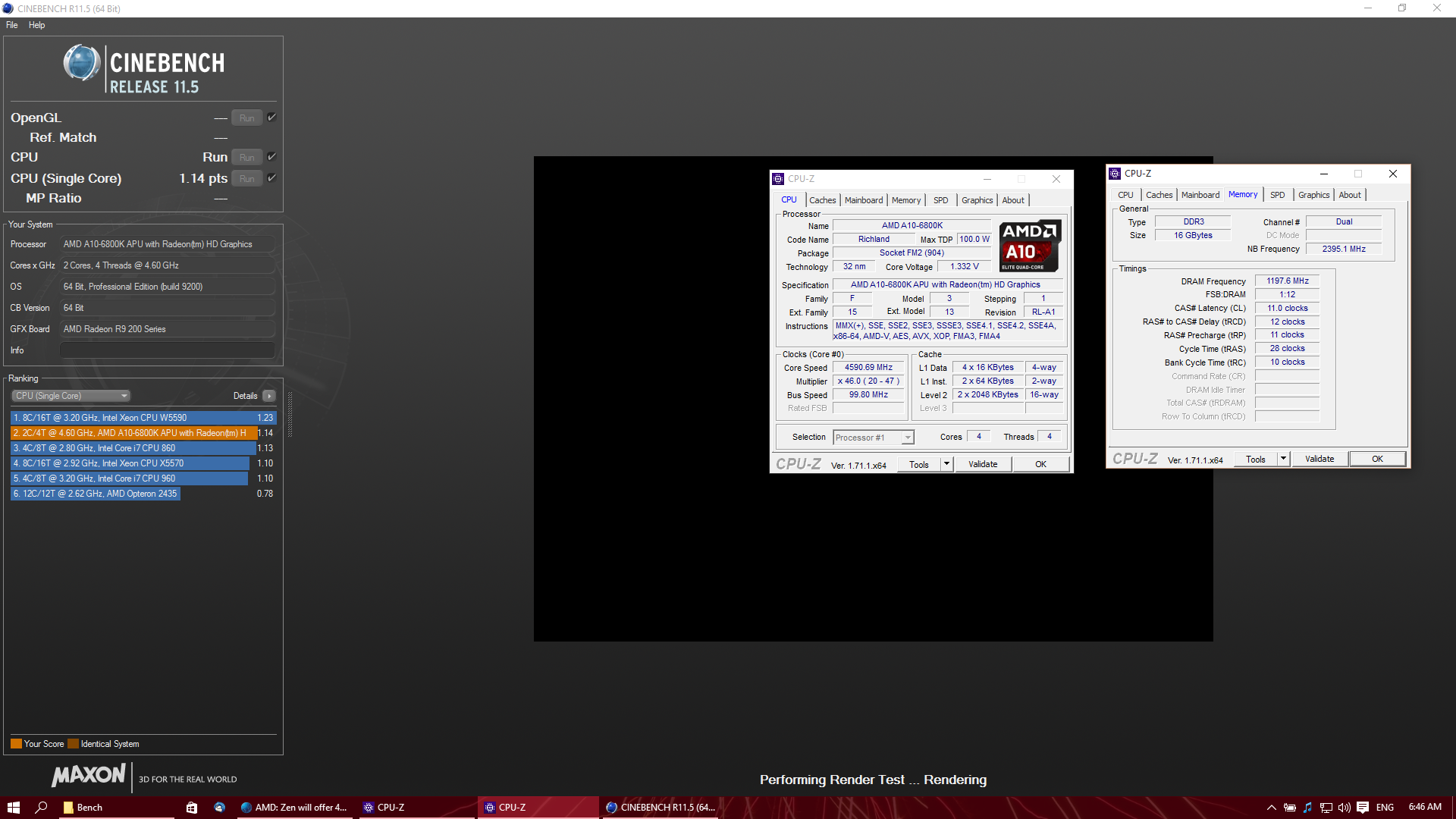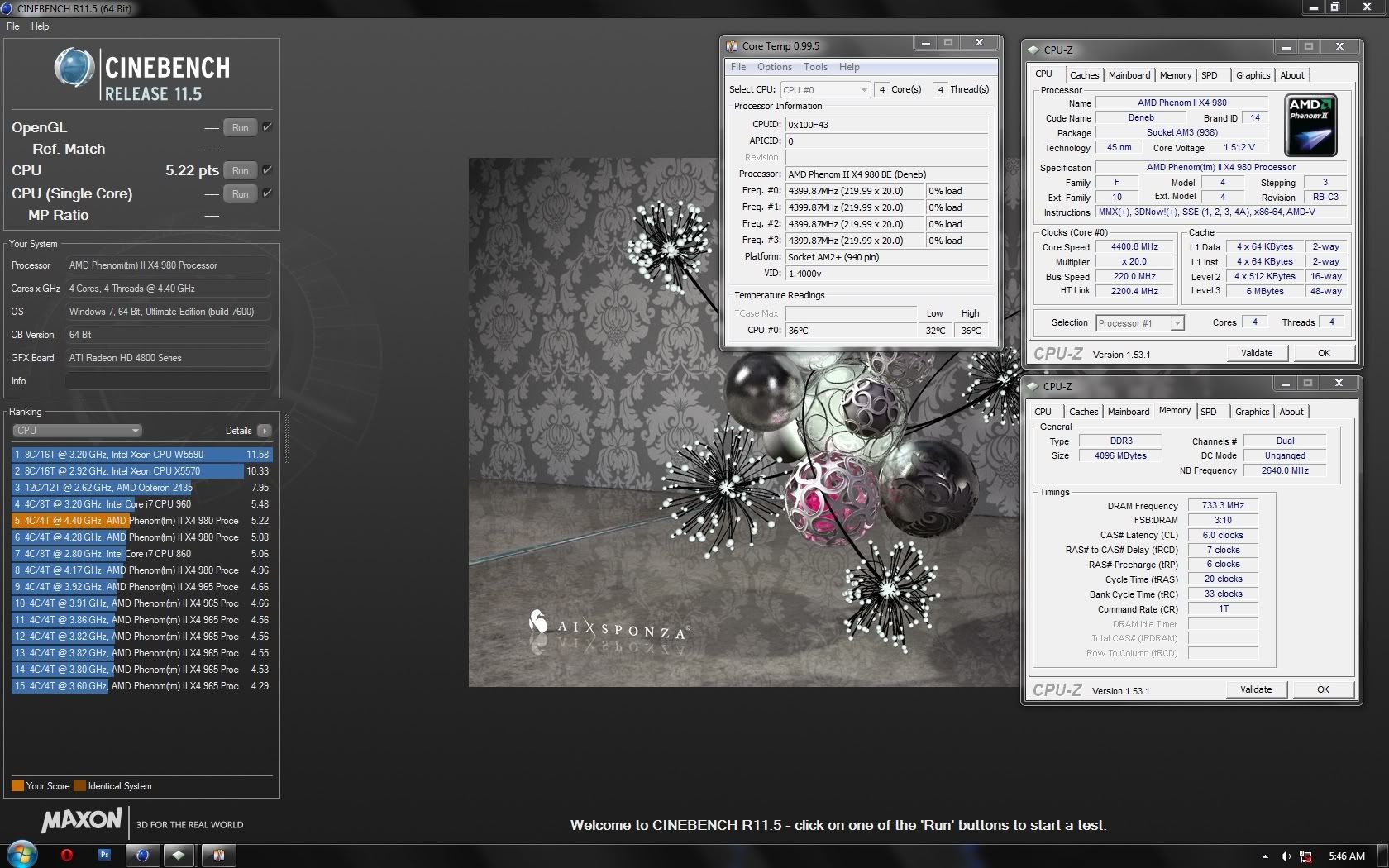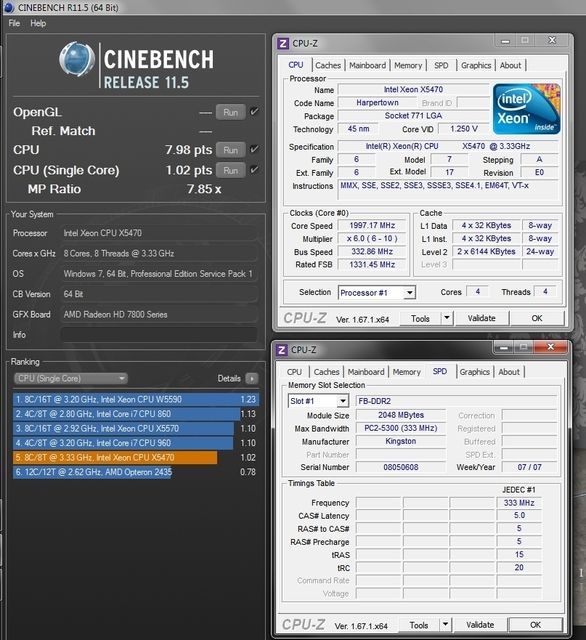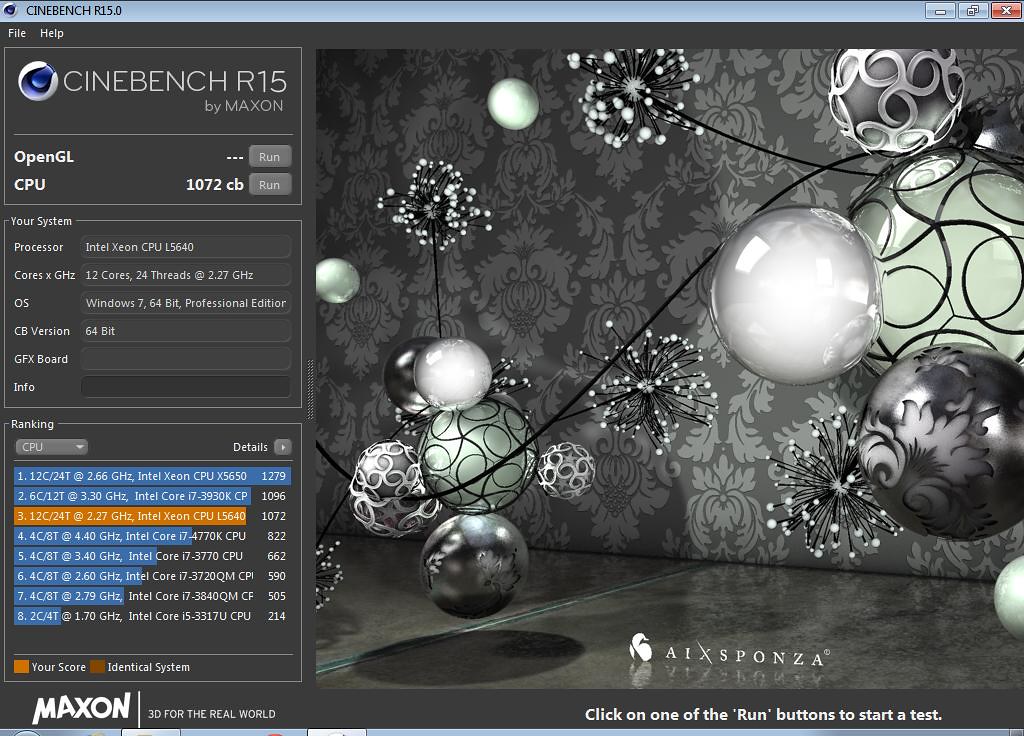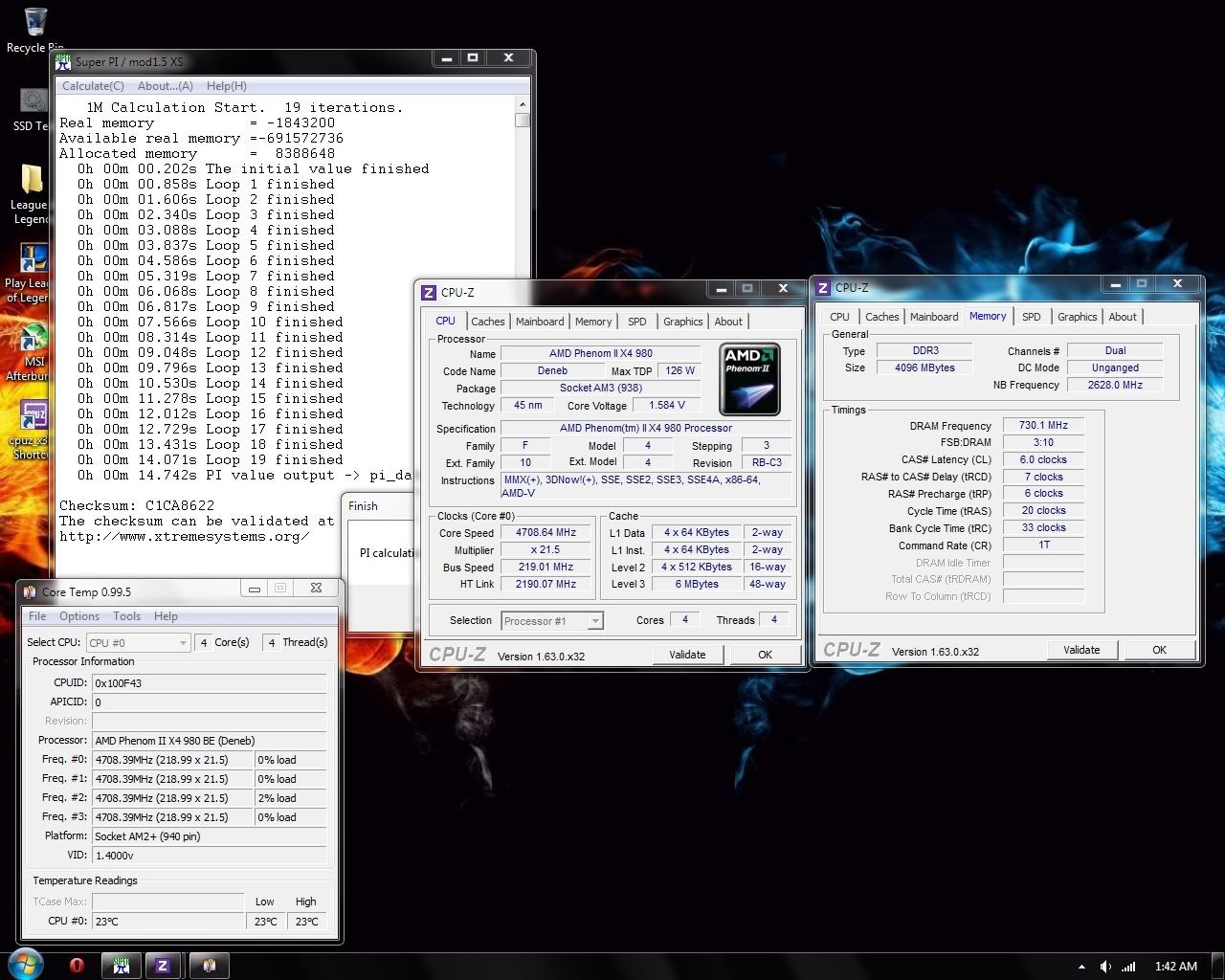Ah, I half agree. Simply put: enterprise-class hardware is top-tier, but as far as gaming, you need a consumer/gamers card: as the enterprise stuff is slow as snails for realtime rendering. That said, anyone like yourself running 8 cores on 771 still has a competitive amount of CPU horsepower years onward.
Its all hooked up with a HD7870, BX100 SSDs, USB3, Xonar audio etc. etc.
It's no slouch for having quality 2008 tech at its heart.
![[H]ard|Forum](/styles/hardforum/xenforo/logo_dark.png)

